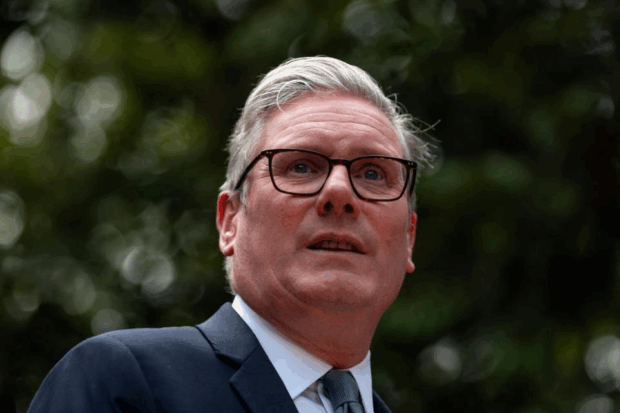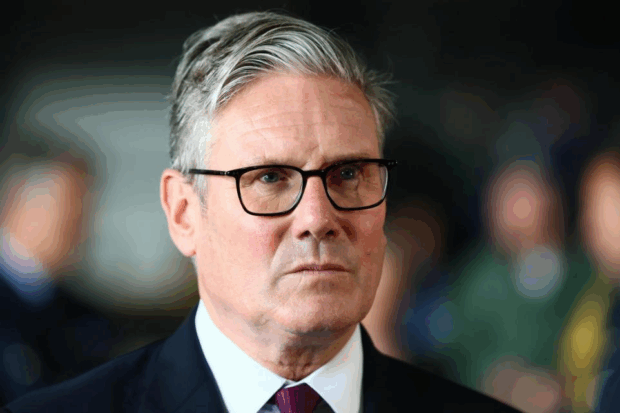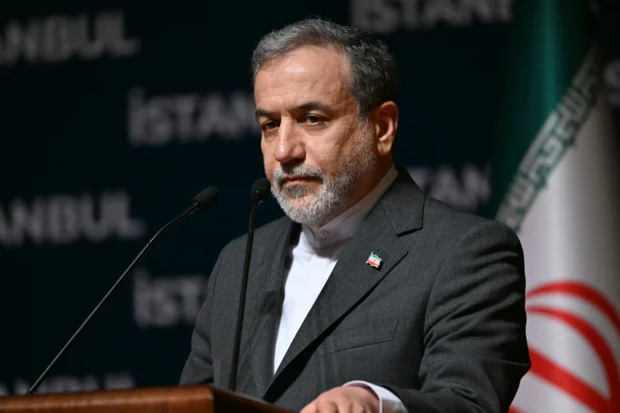
Former Labour leader Lord Neil Kinnock has stated that the party’s policies are “barely being noticed” and have been “obscured” by disputes over welfare reforms and winter fuel payments.
Lord Kinnock, who led the Labour Party from 1983 to 1992, spoke to Sky News as Sir Keir Starmer marked his first year as Prime Minister. He suggested that “a cloud hangs over the accomplishments of the Government” despite what he described as substantial achievements.
The former leader acknowledged that Labour has “a series of really commendable and absolutely essential policies” but argued these are being overshadowed by controversial decisions. He also proposed implementing a wealth tax as a potential policy change that could gain public support.
Sir Keir’s anniversary week coincided with the Prime Minister abandoning several proposed welfare reforms following opposition from backbench MPs.
When asked about the Government’s challenges, Lord Kinnock identified a communication problem rather than policy failures. “What’s gone wrong is really the lack of a narrative, a story of the objectives of the Government and where they’re working towards it and how they’re working towards it,” he explained.
He listed several contentious issues that have dominated public discourse: “They are barely noticed because they’re obscured by all the song and dance and noise, drums banging and cymbals clashing of the winter fuel payment… the welfare programme, the two-child benefit cap, the cuts in development aid, all those negative things that really are heartily disliked across the Labour movement and more widely, much more widely.”
Lord Kinnock emphasized that Government accomplishments are “substantial and will become greater” but noted that “people are not getting the message.”
Regarding potential solutions, the former leader suggested implementing asset taxes. “By going for an imposition of 2% on asset values above £10 million, say, which is a very big fortune, the Government would be in a position to collect £10 billion or £11 billion,” he proposed.
Shadow Chancellor Sir Mel Stride rejected the wealth tax proposal, calling it “the worst thing to do” and opposing “piling further taxes on the wealth creators.” He described Labour’s first year as one of “utter underperformance.”
Sir Mel highlighted several areas of concern: “Whether you look at illegal boats, migrants coming across the Channel, that’s now at record levels, far from smashing the gangs, they’re smashing all the records as to the numbers coming into our country. If you look at the chaotic U-turns that we’ve just had in the last few weeks.”
Recent polling data reveals significant challenges for Labour. PA news agency analysis shows the party has experienced a double-digit decline in support since the 2024 general election, averaging 24% in recent polls compared to 34% in the weeks following their electoral victory.
While polling declines after taking power are typical for UK governments, drops of this magnitude are uncommon. The last comparable decline occurred in 1992/93, when John Major’s Conservative government saw support fall 12 points from 43% to 31% within a year of the April 1992 election.
Liberal Democrat leader Sir Ed Davey also criticized the Prime Minister’s approach, suggesting he was “almost sleepwalking to becoming continuity Rishi Sunak.” In comments to the Guardian, Sir Ed pointed to various policy areas and suggested the PM believes “a tweak here, a tweak there is all he thinks needs to be done.”
















Be the first to leave a comment